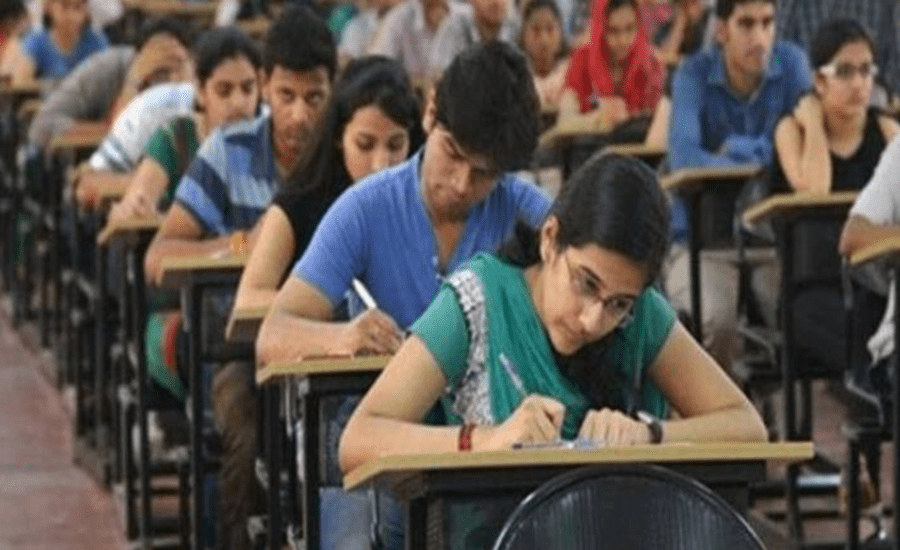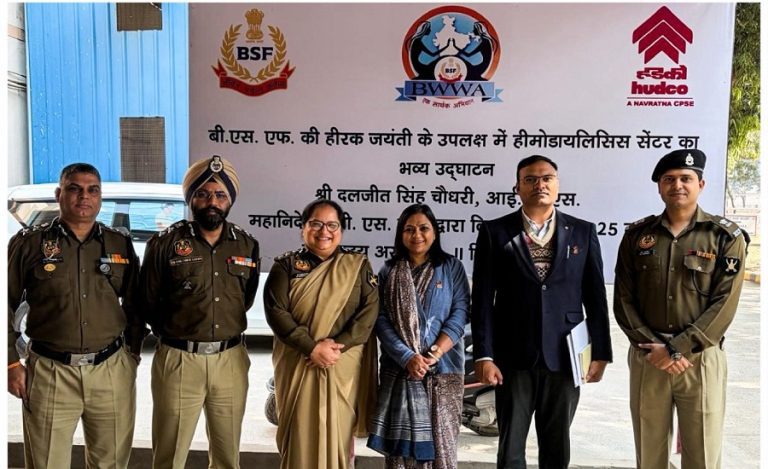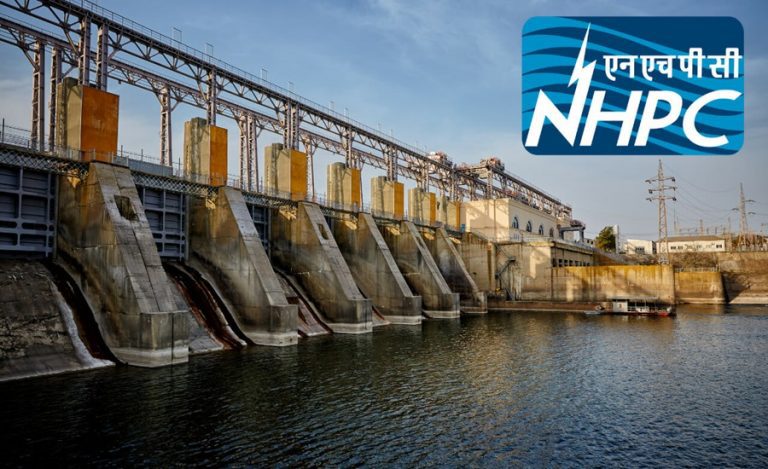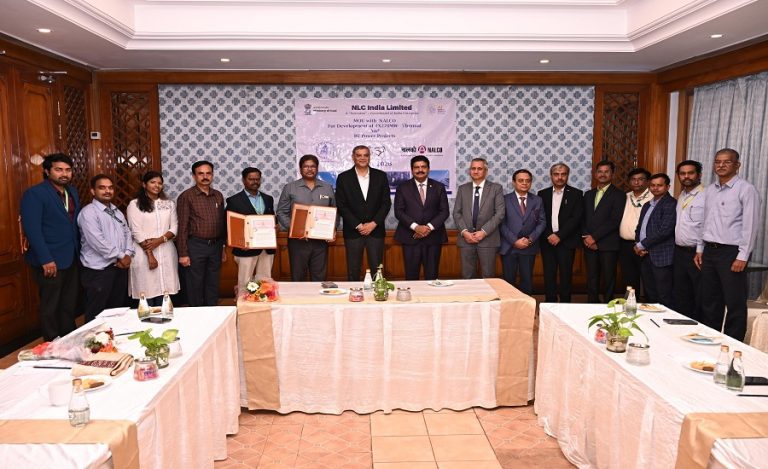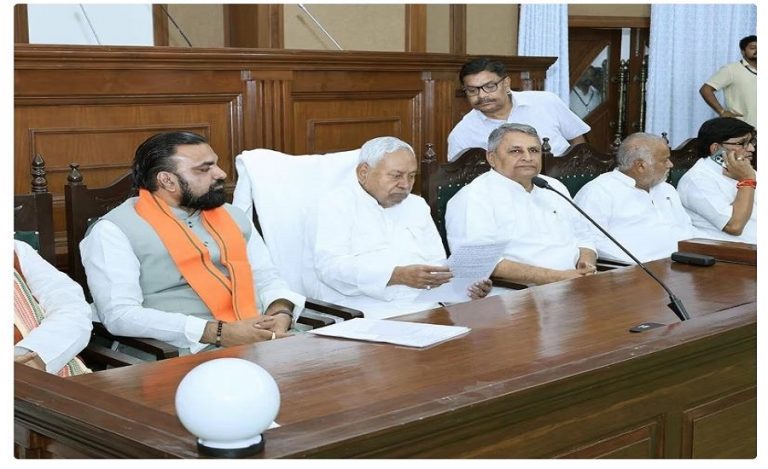The Gujarat government has approved the establishment of IAS (Indian Administrative Service) study centres in 10 cities. These centres will function under seven universities and three government colleges, marking a significant step in supporting aspiring civil servants across the state.
Accessible and Affordable Coaching for Aspirants
Each centre will accommodate 100 students, creating a total of 1,000 seats. Admissions will be based on a common entrance exam, ensuring transparency and merit-based selection. To encourage wider participation, no tuition fees will be charged. However, students will need to deposit Rs. 2,500, which will be fully refundable. Attendance of at least 75 percent will be mandatory to maintain academic discipline.
Entrance Exam and Admission Process
The admission test will consist of a 200-mark General Studies paper. Registrations are open until September 15 with an application fee of Rs. 300. Eligible candidates must be between 20 and 32 years of age and should be graduates either from a Gujarat-based university or residents of the state. The final merit list will be prepared based on examination results.
Reservation for Inclusive Growth
The state has also ensured inclusivity in the admission process. Three percent of seats will be reserved for differently-abled candidates, while category candidates will be provided with relaxation in the upper age limit.
List of IAS Study Centres Across Gujarat
The following universities and colleges have been designated as centres for IAS coaching:
- Govind Guru University, Godhra (at Government Polytechnic)
- Sardar Patel University, Vallabh Vidyanagar
- Veer Narmad South Gujarat University, Surat
- Kutch University, Bhuj
- Saurashtra University, Rajkot
- Junagadh University, Junagadh
- Bhavnagar University, Bhavnagar
- Gujarat Arts and Science College, Ahmedabad
- M N College, Visnagar
- Government Commerce College, Gandhinagar
This initiative reflects the Gujarat government’s commitment to empowering youth with equal opportunities in competitive examinations. By decentralizing IAS preparation facilities, the state aims to nurture a new generation of administrators from diverse regions.

